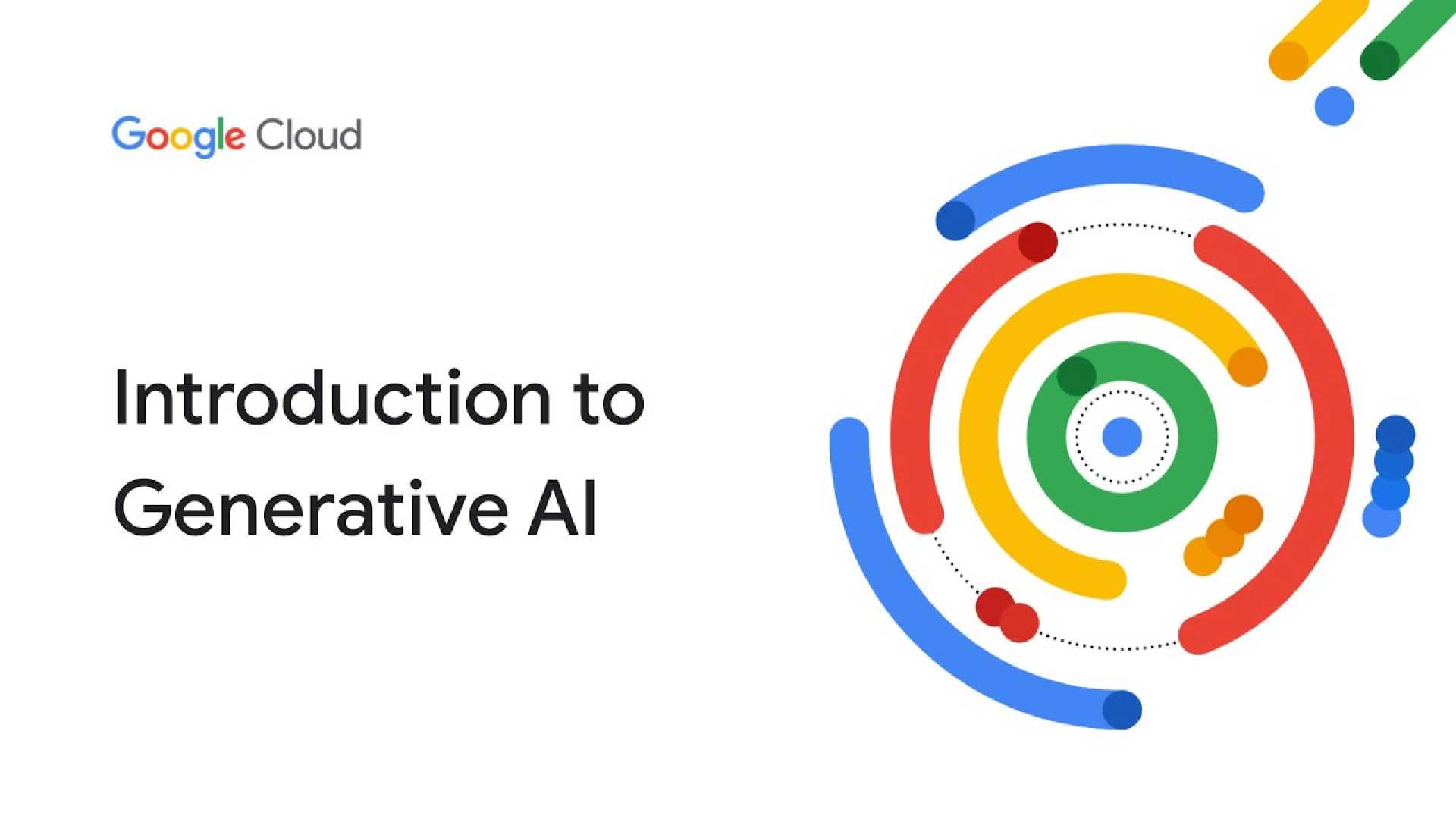Tech
Google Uses YouTube Videos to Train AI Models, Raising Creator Concerns

MOUNTAIN VIEW, Calif. — Google is utilizing its vast library of YouTube videos to train artificial intelligence models like Gemini and Veo 3, as confirmed by the company to CNBC. This decision involves using a subset of its estimated 20 billion videos, which could amount to billions of minutes of content being employed for AI training purposes.
A YouTube spokesperson stated, “We’ve always used YouTube content to make our products better, and this hasn’t changed with the advent of AI.” They emphasized that Google adheres to agreements with creators and media companies regarding content use.
However, many creators are unaware that their videos may be included in this training process. Experts warn that this could lead to significant intellectual property issues, as original content is being utilized without explicit consent from the creators involved.
Luke Arrigoni, CEO of Loti, highlighted the potential unfairness, saying, “It’s plausible that they’re taking data from a lot of creators that have spent a lot of time and energy to create these videos. It’s helping the Veo 3 model make a synthetic version, a poor facsimile, of these creators.”
YouTube did not disclose the specific videos used for training, but even a small fraction of its catalog could lead to training data that far surpasses that of competing AI systems.
Many creators expressed concern over the use of their content in this manner, with some noting that tools such as Vermillio’s Trace ID found strong similarities between AI-generated videos and original YouTube content. One instance revealed significant overlap between a Veo 3 generated video and content from creator Brodie Moss, with Trace ID scoring 71 for video and over 90 for audio similarity.
Despite some creators viewing the AI tools as friendly competition, many remain apprehensive about the ramifications of their work being utilized without recognition or compensation.
Amid the ongoing debate, Google reiterated its commitment to take legal responsibility for any copyright challenges arising from content generated using its AI models, aiming to reassure creators of their rights.
As the technology evolves, lawmakers, including Senator Josh Hawley, have called for stronger regulations to protect artists and creators in the AI landscape.












